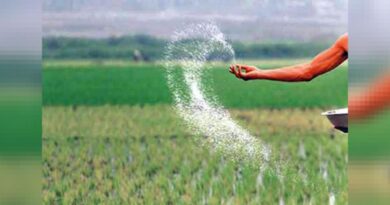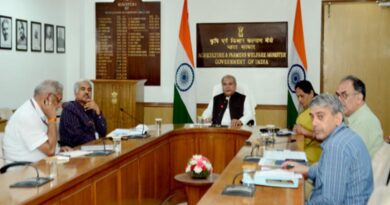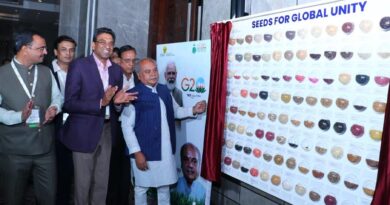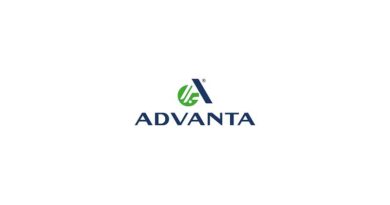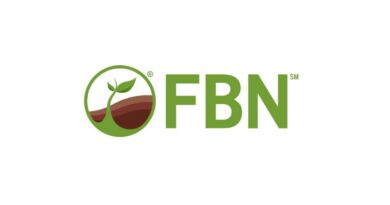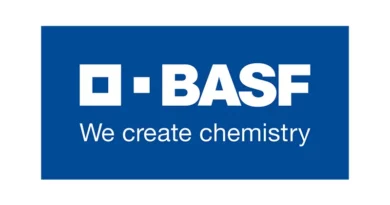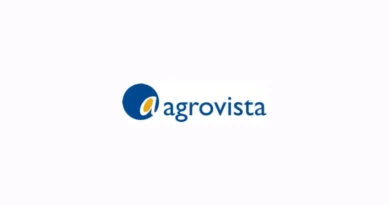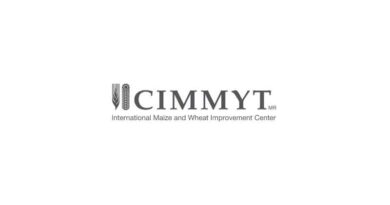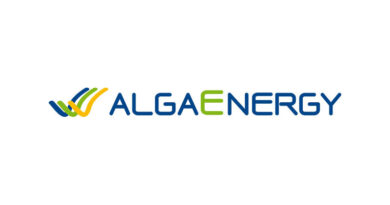Blockchain Technology: A Farm-to-Plate traceability solution for seed value chain
Guest Author: Dr. Kuntal Das, Global Product Development Lead, DECCO Worldwide (UPL Limited)
04 July 2023, New Delhi: Quality seeds that lead to healthy crops are the foundation of a bountiful harvest. When farmers have access to high-quality, climate-resilient, biotic stress-resistant seeds crop health, and value improve significantly translating to prosperity for farmers and society. However, farmers’ revenue is compromised by low-quality and unavailability of desired seeds. Over 25% of India’s seed, pesticide, and fertilizer business is thought to be compromised in that line. Every year, there is an increase in the dissemination of unauthorized, impure seeds, with fraudulent labeling, intellectual property and trademark infringements, regulatory breaches, and proprietary material thefts.
According to the International Seed Federation, developed countries able to restrict this inappropriate practice up to 50%-60% on specific crops. However, in developing and underdeveloped countries a comprehensive seed value chain traceability plan is urgently needed due to the rising number of product safety concerns. As an implication of a compromised seed value chain, the traceability domain evolved as a critical policy instrument for tracking and sustaining food safety.

In the past few years, academics have thoroughly investigated means of offering easy and secure resource tracing, which primarily includes the usage of blockchain technology. Blockchain is an immutable distributed database or ledger. It is made up of blocks that include a sequence of transactions, data, or information. Except for the originating block, each successive block in the series includes the ‘block’s hash’ which is stored data related to the previous block. A block’s hash is unique data and may be thought of as a signature or fingerprint. As a result, altering anything in the block will change the entire hash or series of information. To link the blocks, the preceding block’s hash is always referred to. It is extremely safe since the information entered is entirely encrypted. Blockchain seed traceability is gaining pace in the global agriculture-seed industry because of its considerable potential to give a detailed history of the product status, enhanced consumer trust and loyalty, fairer payment flow, authorized suppliers, and proper compliance management.
India’s agriculture value chain ecosystem has undergone significant improvements in the last few years, and the Ministry of Agriculture has declared the implementation plan of traceability in 2019 through a straightforward software-enabled device that enables farmers to use ‘Quick Response’ (QR) codes to track the purity and quality of seeds. In 2022, Jharkhand was the first state in the country to deploy a production-grade blockchain-based seed distribution program by implementing the blockchain solution. The Jharkhand Directorate of Agriculture jointly announced the successful rollout of blockchain-based seed distribution to farmers with global blockchain technology firm SettleMint. The platform tracks seed distribution from the impaneled government seed-producing agency to distributors, retailers, seed chain actors, and ultimately farmers. For the benefit of the agricultural community, Professor Jayashankar Telangana State Agricultural University (PJTSAU) and ‘Trust-O-One’ have used blockchain technology in agriculture for seed traceability on Pigeonpea & Safflower. The PJTSAU-TOO platform tracks the seed source, from the nucleus stage to the verified seed, and will be used to store and record all data related to different stages. Blockchain technology is envisioned for tracking the distribution of seeds, farm inputs, implements, etc under all the schemes being implemented by the Directorate of Agriculture like State Seed Distribution Scheme, NFSM, PMKSY, and NHM.
The state of agriculture technology and advancements in the seed traceability domain is continually evolving. Customers and agribusinesses now can follow the origin, handling, and other steps involved in seed packaging through the planned traceability model. Modern customers (farmers, seed chain actors) consider the value of being educated and understanding about the items they purchase or consume and thus trusted certified products are becoming more and more popular. Starting with tracking the genealogy of sowed seed to confirm its source, flow through the agribusinesses chain has been able to uphold trust and openness to the wider farming community. Blockchain technology is proving to be a game-changer and revolutionizing agrarian supply chains by making them more transparent and traceable which is providing prominence to the nation’s current strong policy on ‘back to basics’ and ‘march to future’.
Also Read: Bayer grant to explore the potential of native grains
(For Latest Agriculture News & Updates, follow Krishak Jagat on Google News)




